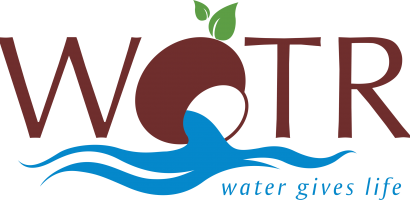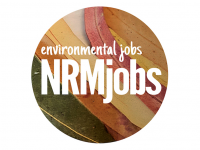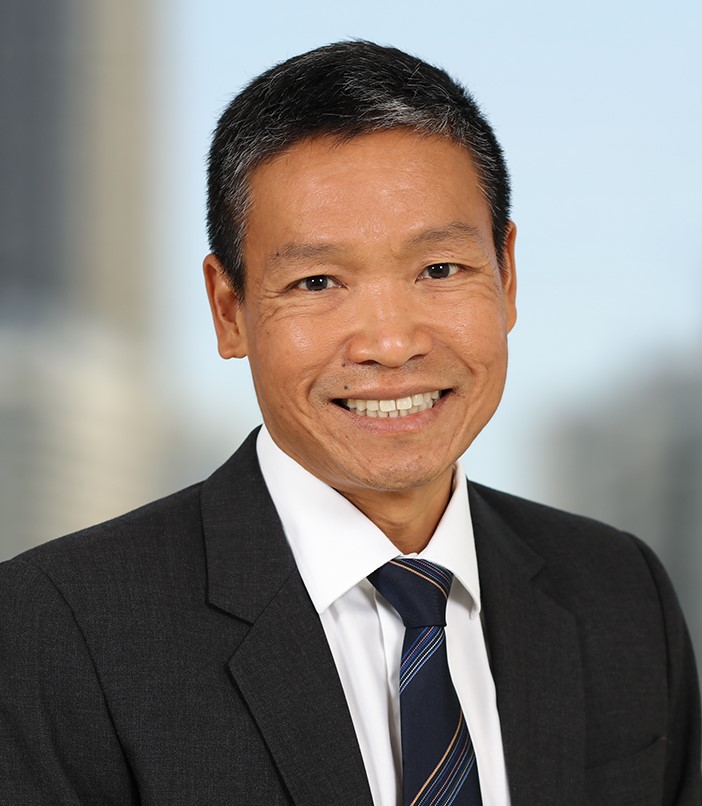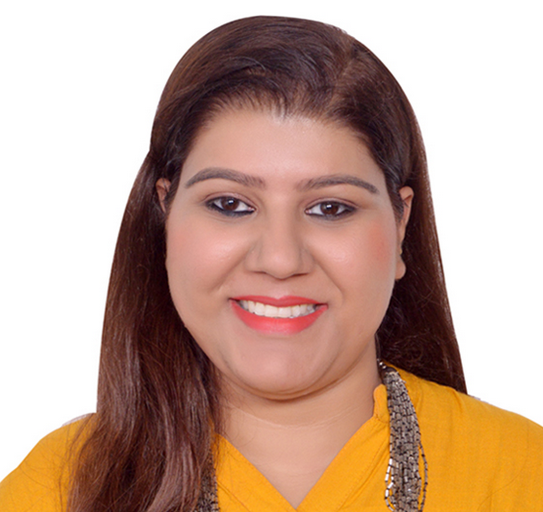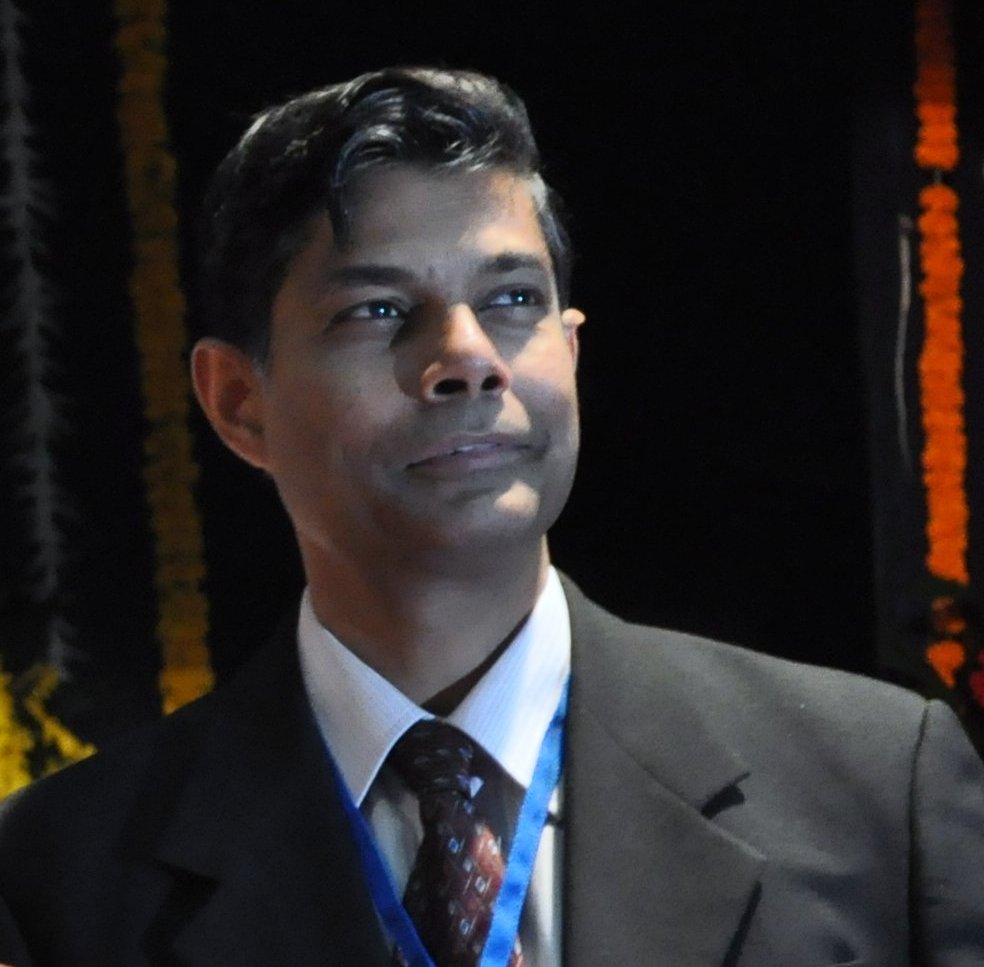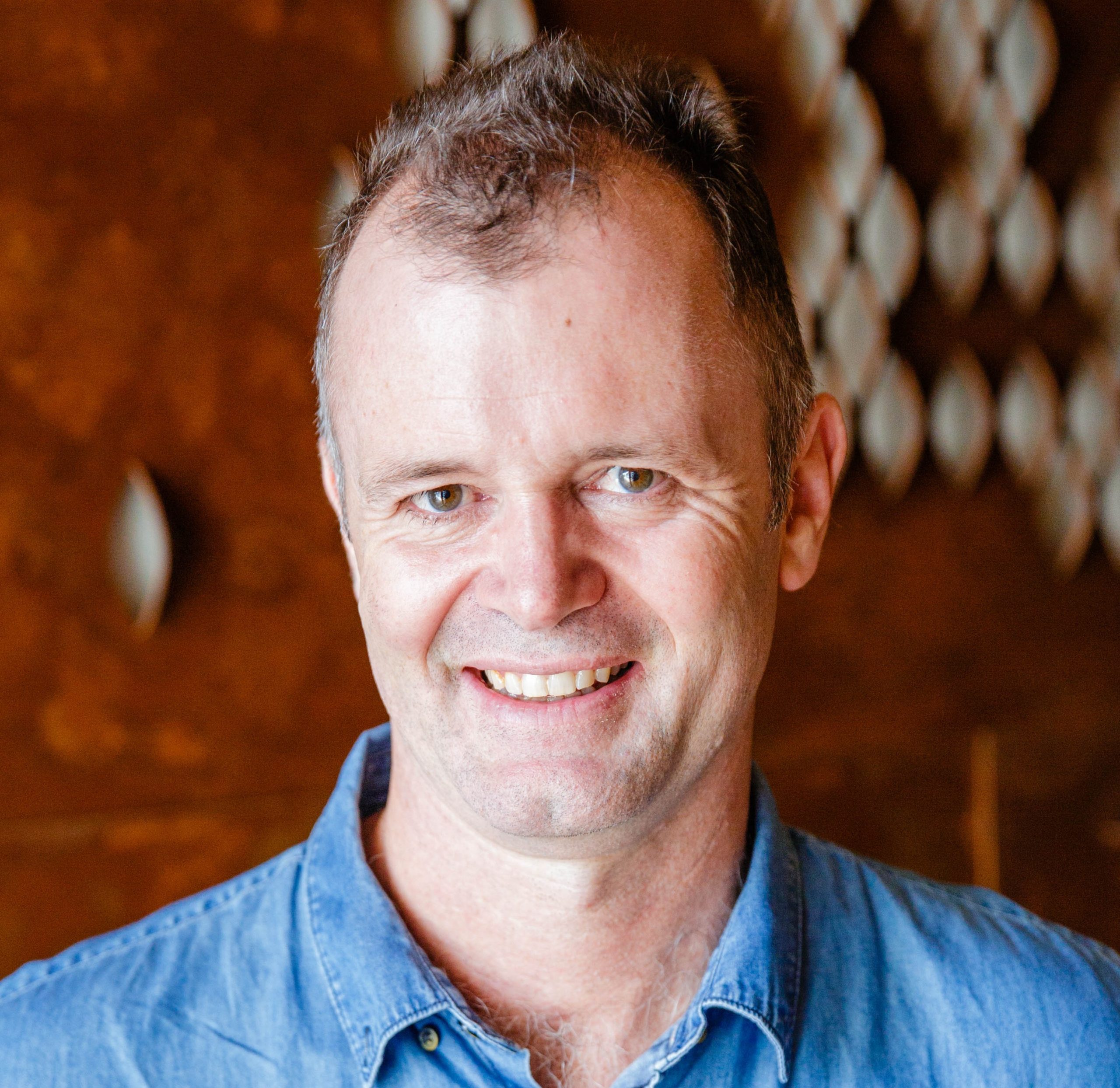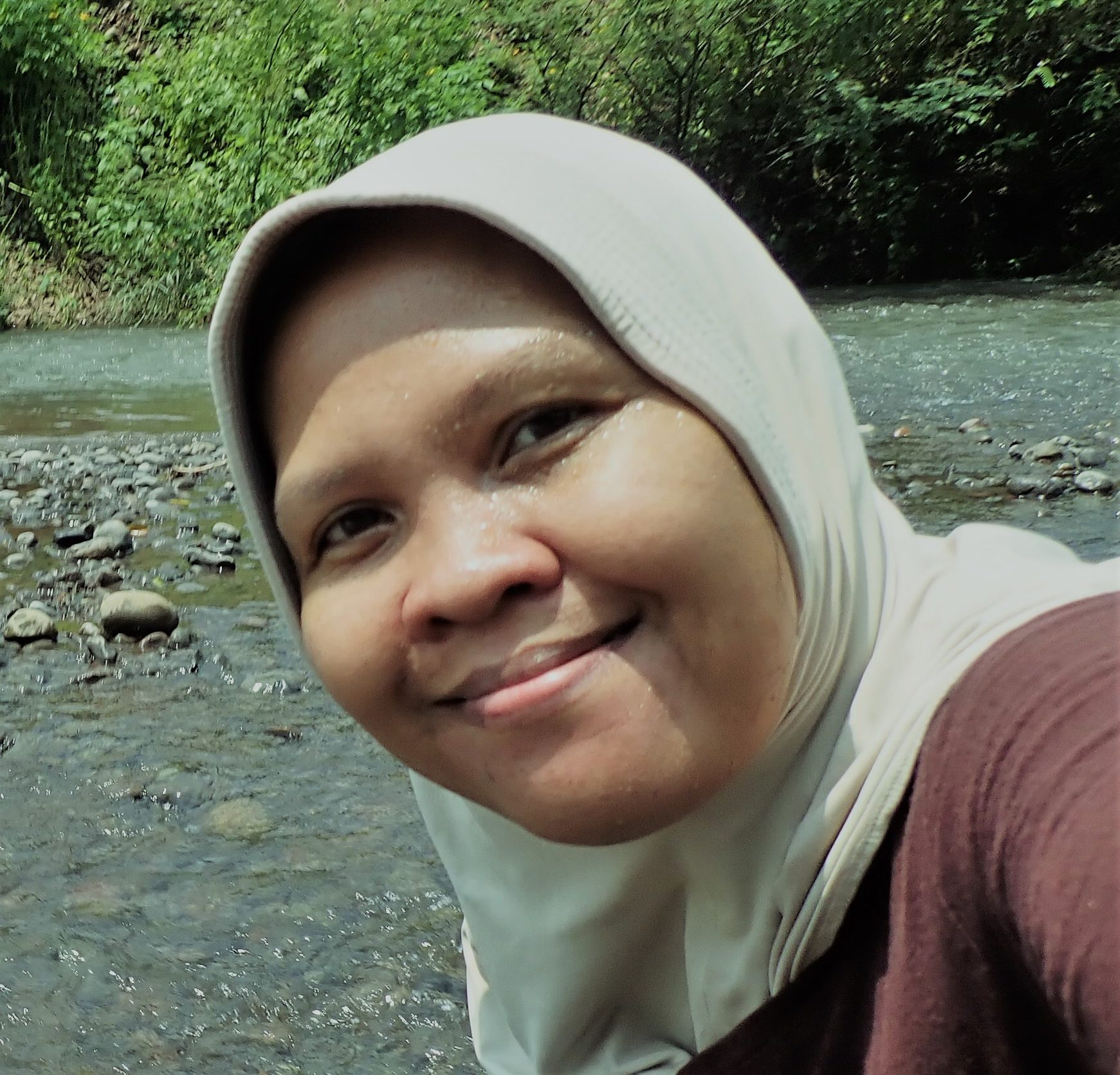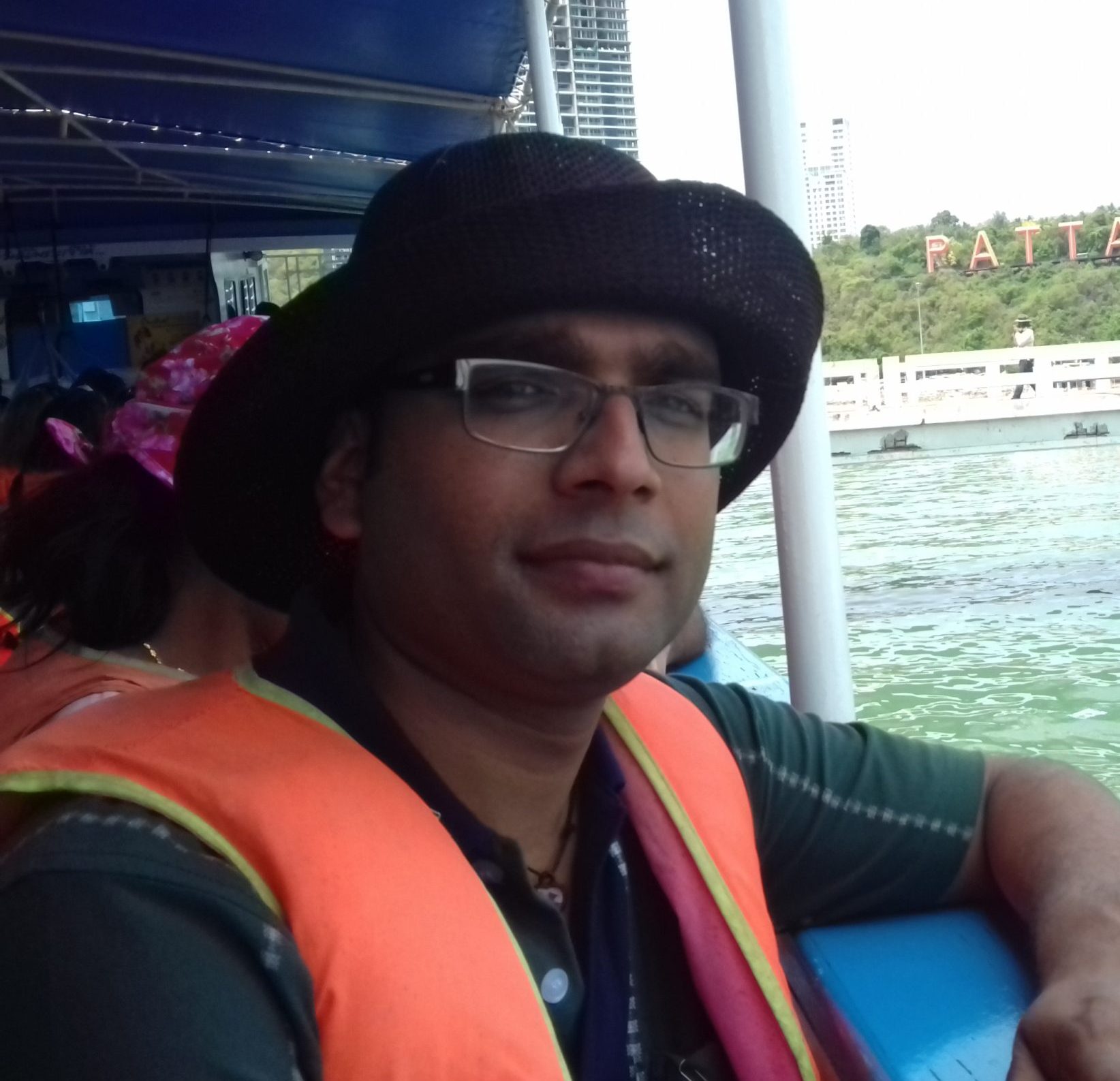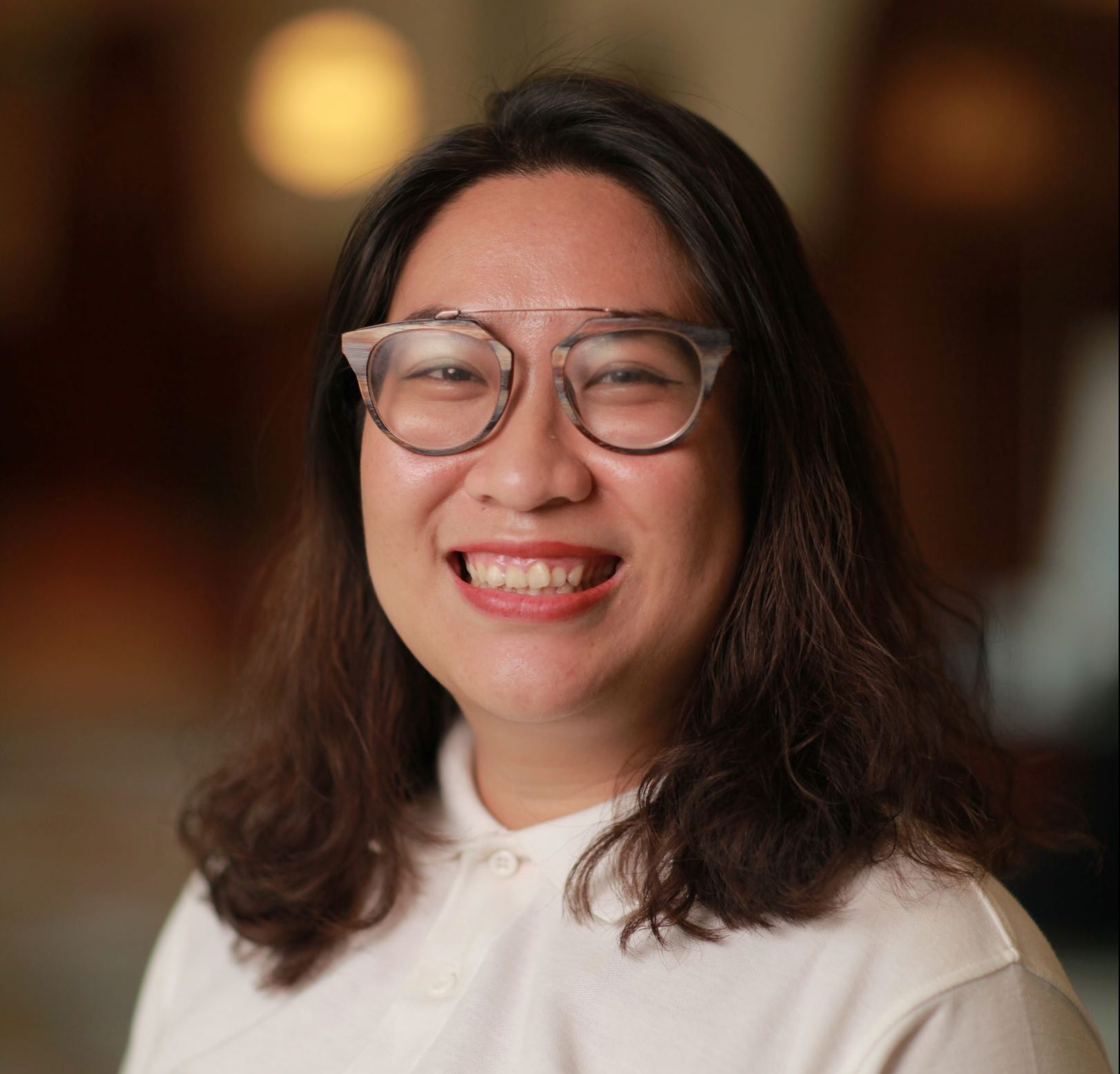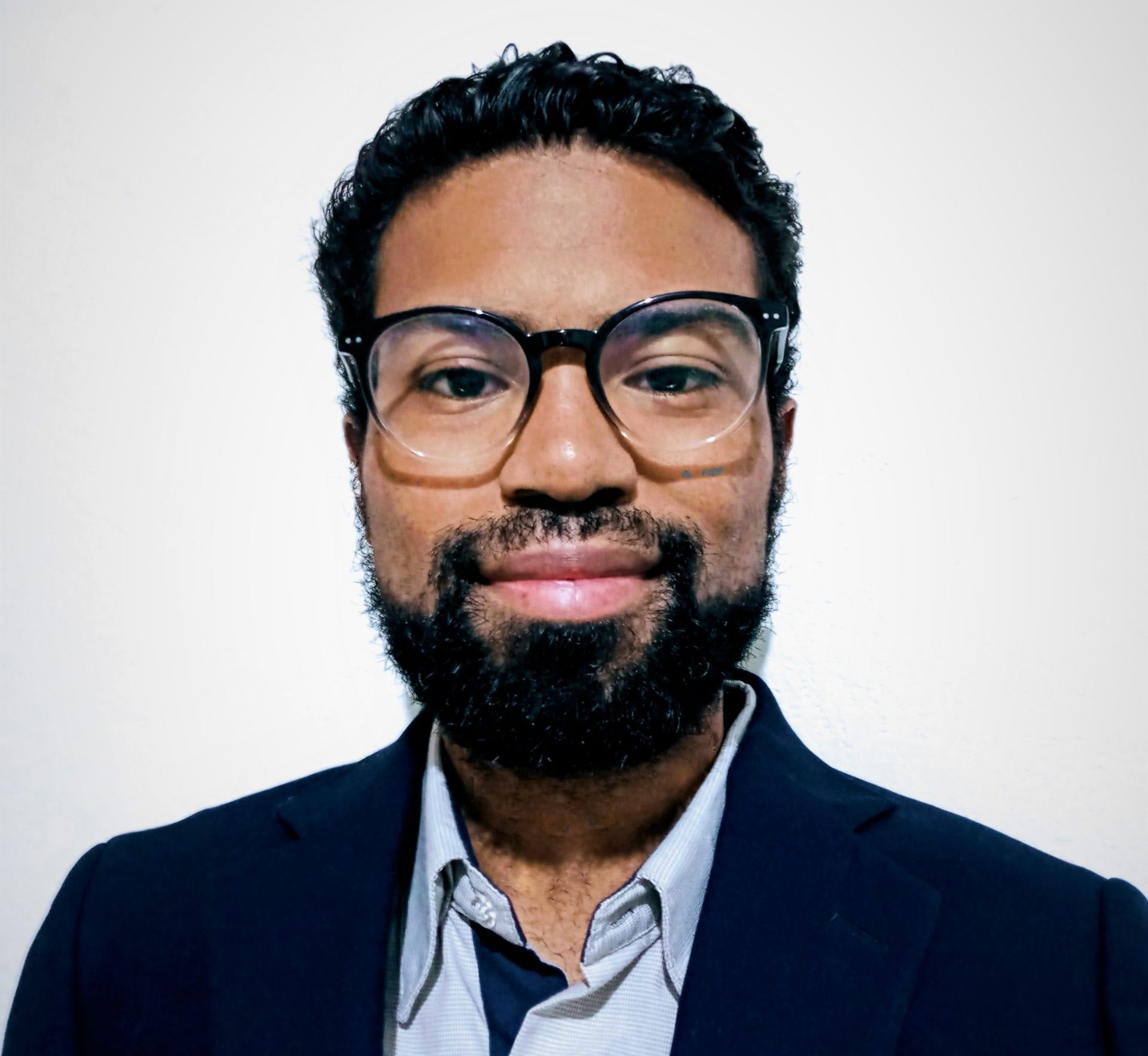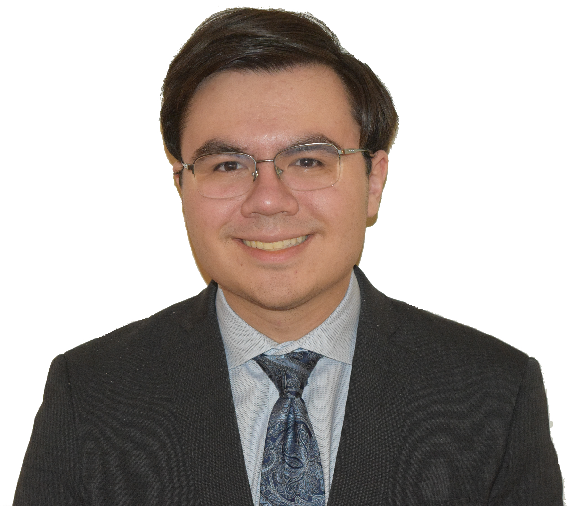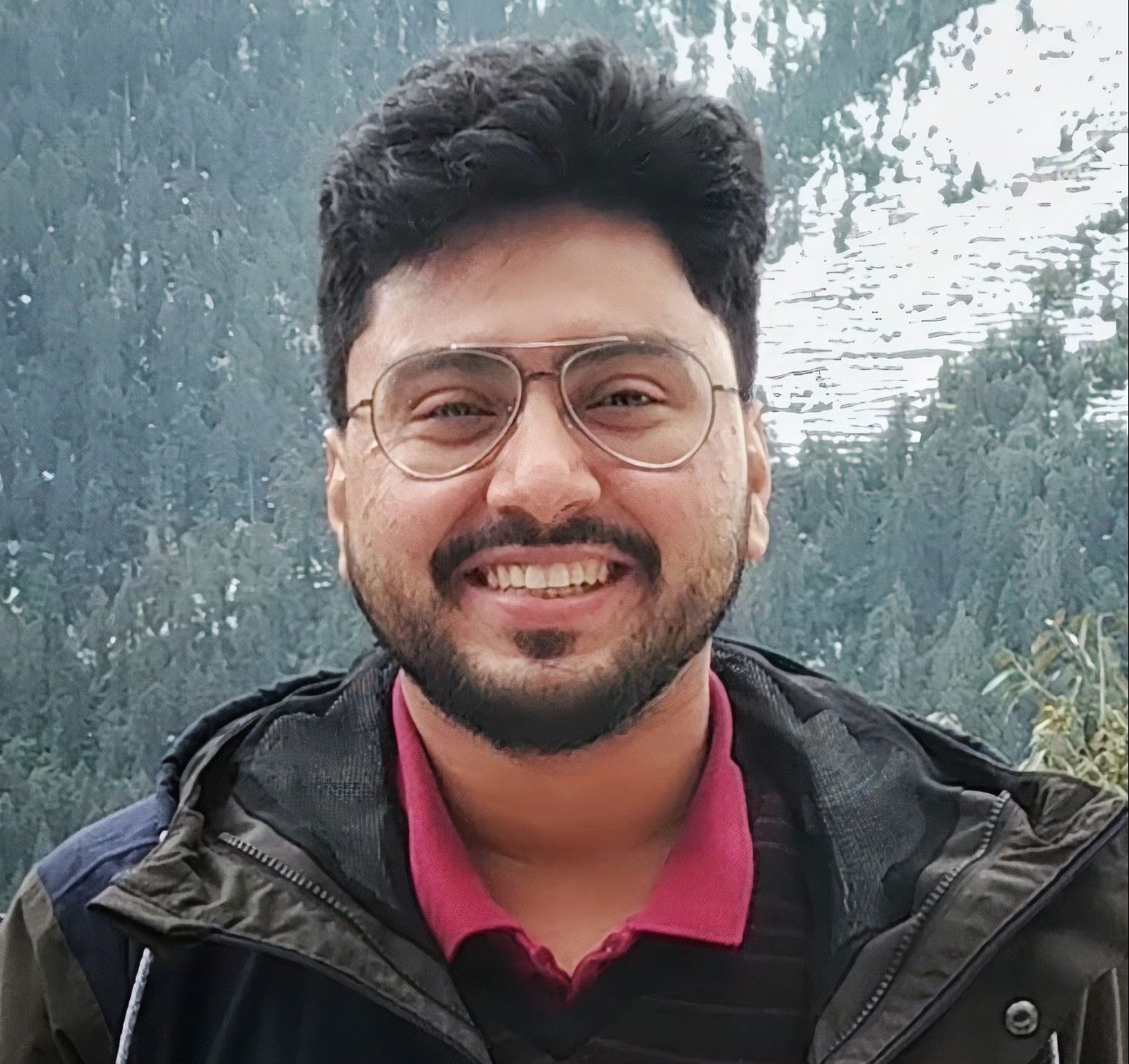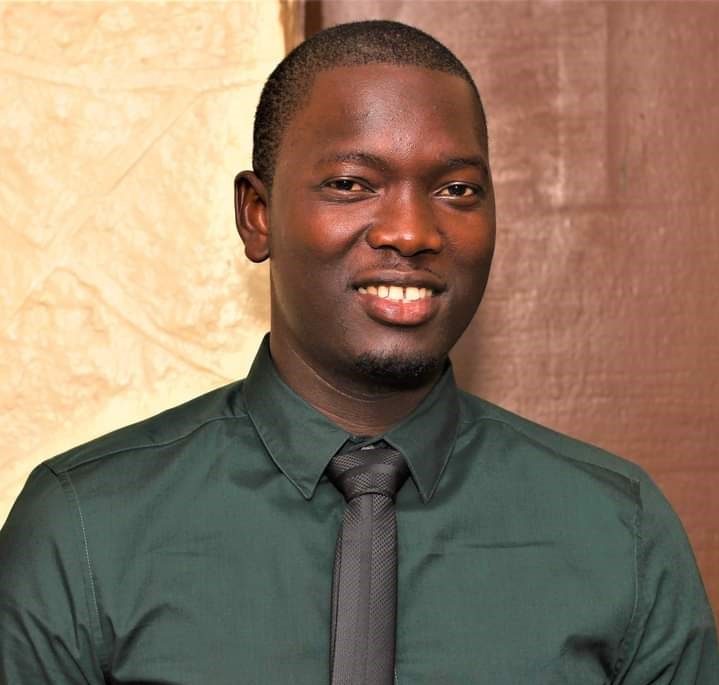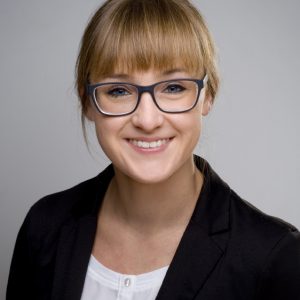Chi Mun Woo is a partner in Sustainability and Climate Change at Deloitte Australia. He has over 20 years’ experience in advising organisations in the private and public sectors in Europe, Africa, the Americas and Australia on sustainability strategy, implementation and disclosure matters. Chi is an expert panel member of The International RiverFoundation’s Resilient Rivers Blueprint initiative.
28 September 2020 | Zoom
How is the COVID-19 pandemic impacting our rivers and their communities and what are the implications for a post-pandemic world on these valuable assets?



